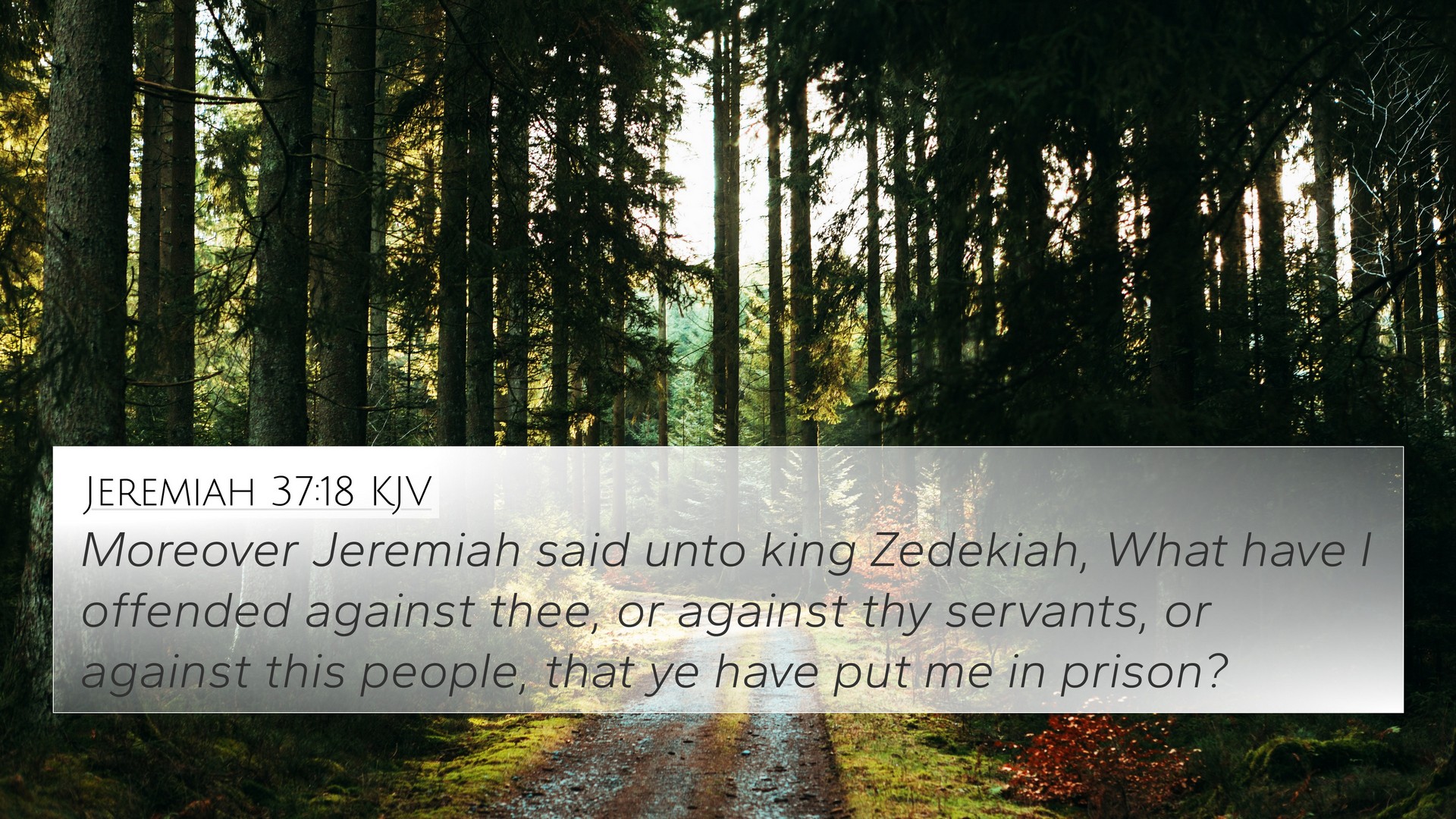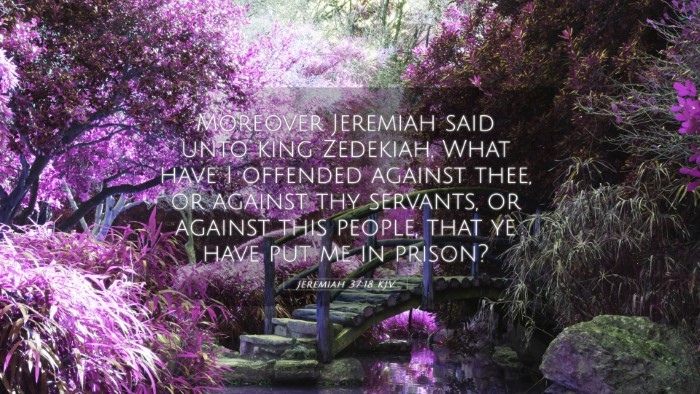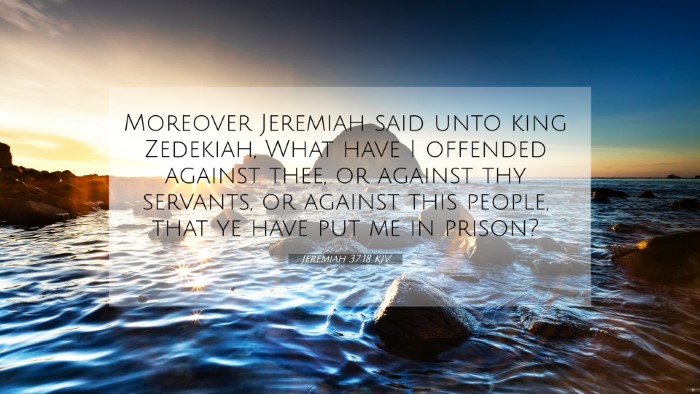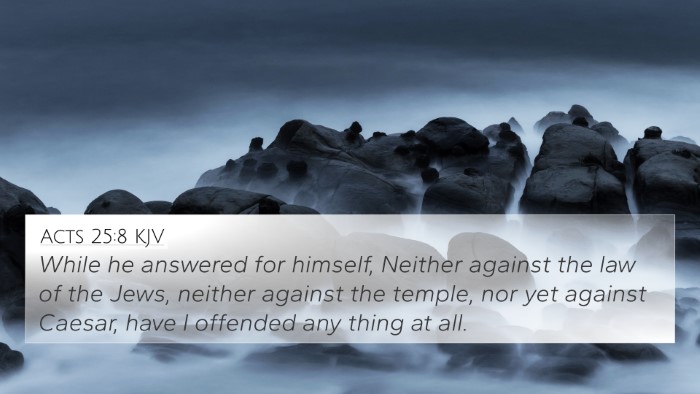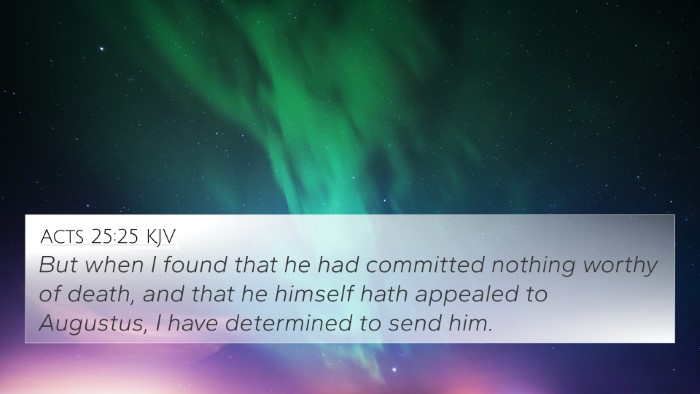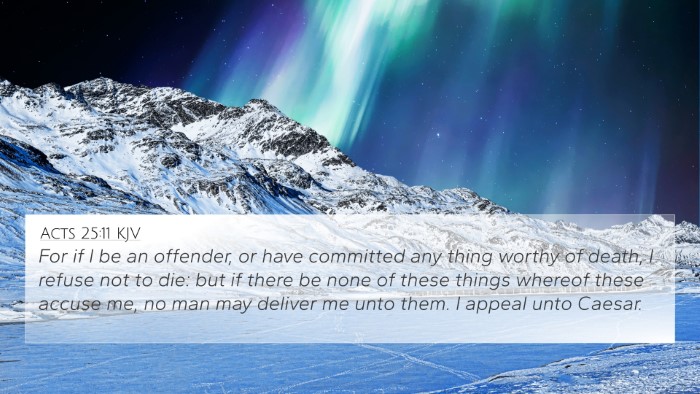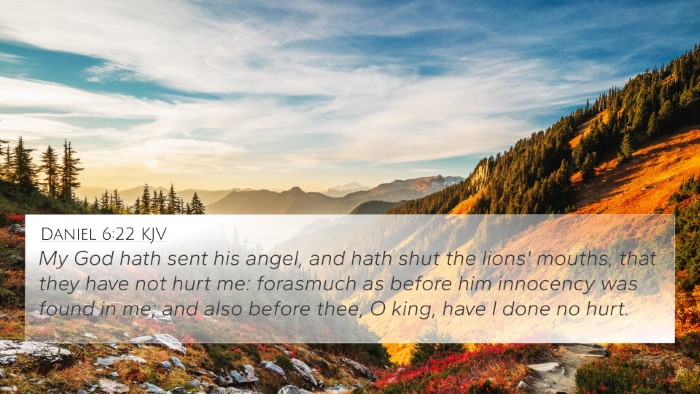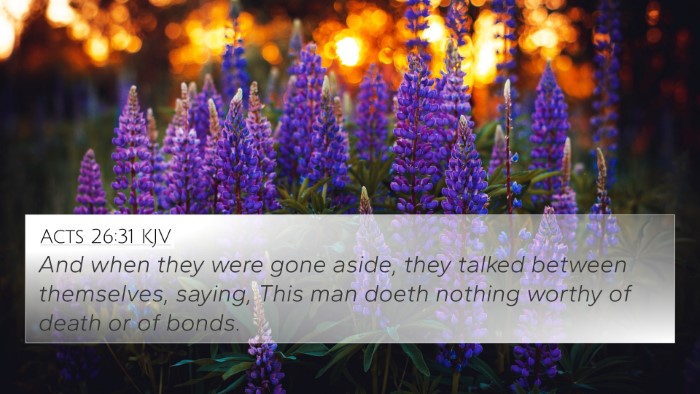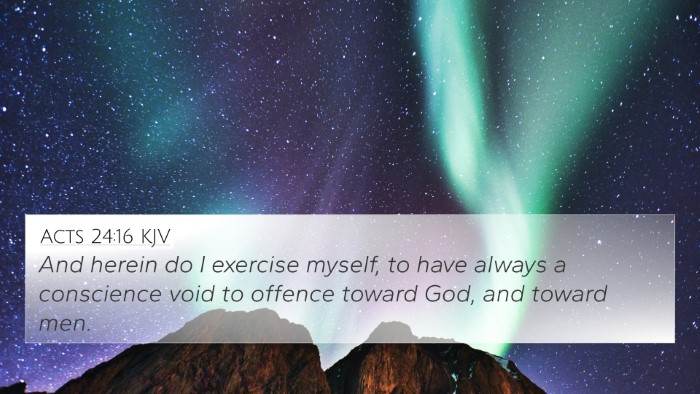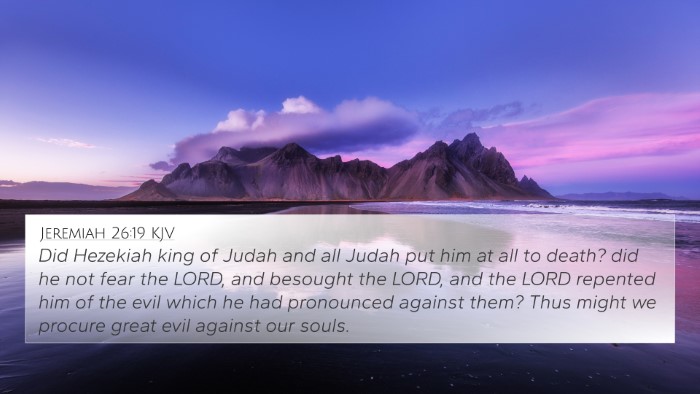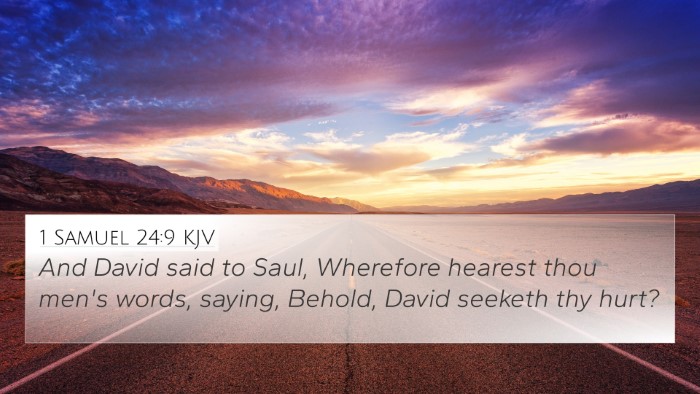Understanding Jeremiah 37:18
Jeremiah 37:18 states: "Then Jeremiah said, 'But I said to the king, "What have I done? What crime have I committed against you or your attendants or this people, that you have put me in prison?'" This verse encapsulates the prophet's distress as he confronts King Zedekiah regarding his unjust imprisonment. Through this dialogue, we can unveil deeper theological insights and crucial connections between various biblical texts.
Contextual Background
The book of Jeremiah addresses the impending judgment on Judah and the calls for repentance. This particular verse occurs during a period of turmoil and uncertainty in Zedekiah's reign, illustrating the inherent conflict between prophetic truth and political power.
Thematic Analysis
Jeremiah’s plea showcases several prevailing themes:
- Injustice: Jeremiah questions the rationale behind his captivity, reflecting on the broader injustices faced by the people.
- Prophetic Resistance: The resistance faced by prophets like Jeremiah prompts insights into how divine messengers confront authority.
- Divine Truth versus Human Authority: This verse exemplifies the tension between God's truth delivered by prophets and the worldly decisions made by rulers.
Cross-References
This verse finds significance through various cross-references and connections with other Bible verses. Here are 10 relevant cross-references for deeper study:
- Jeremiah 26:8-9: Jeremiah faces a similar scenario of hostility and persecution for delivering God's message.
- Isaiah 53:3: The theme of being despised and rejected can be parallelly seen in the prophetic ministry of Isaiah.
- Lamentations 3:34-36: This passage discusses God's justice, complementing Jeremiah's plea for justice.
- Matthew 5:10: The beatitude resonates with Jeremiah's experience, depicting the blessedness of the persecuted.
- 1 Peter 4:14: The New Testament echoes the suffering of the righteous, connecting with Jeremiah’s lament.
- Acts 7:52: Stephen reflects on the experiences of prophets who faced opposition, reminiscent of Jeremiah's plight.
- Hebrews 11:36: This verse acknowledges the suffering endured by prophets and believers, creating thematic parallels.
- Jeremiah 20:2: The earlier imprisonment of Jeremiah showcases a recurring pattern of persecution he faced.
- Galatians 4:16: Paul expresses the struggle of being truthful, a sentiment that can relate back to Jeremiah's situation.
- Matthew 10:16-17: Jesus prepares His disciples for opposition, drawing parallels with Jeremiah’s experience of hostility.
Interpretive Insights
Matthews Henry comments on this interaction between Jeremiah and Zedekiah, emphasizing the prophet’s unwavering role in delivering God's message despite harsh realities. Jeremiah's question not only illustrates his anguish but also serves as a rebuke to the king's unjust actions.
Albert Barnes notes that Jeremiah’s inquiry underscores the folly of punishing a prophet for speaking the truth about the nation's state. This highlights the broader human condition of sin and the struggles involved in accepting divine counsel.
Adam Clarke elaborates on the implications of this verse, suggesting that pressure from the public can lead leaders to act irrationally against those who seek to guide them. Jeremiah's plight is emblematic of many who uphold truth at the cost of personal sacrifice.
Connecting This Verse to Broader Biblical Themes
The themes presented in Jeremiah 37:18 resonate through various other biblical narratives, showcasing the persistent struggle of prophets and the challenges of proclaiming truth amidst opposition. Engaging in Bible cross-referencing helps illuminate these connections.
Understanding this verse through the lens of themed connections allows believers to appreciate the continuity of God’s message across scriptures. Utilizing tools such as a Bible concordance or Bible cross-reference guide can enhance this study, enabling a deeper grasp of scriptural links.
Conclusion
Jeremiah 37:18 serves as a poignant reminder of the struggles faced by those who speak God's truth. Through collaborative analysis of this verse alongside other scriptural references, one can garner a comprehensive understanding of the trials of prophets and the overarching divine narrative.
